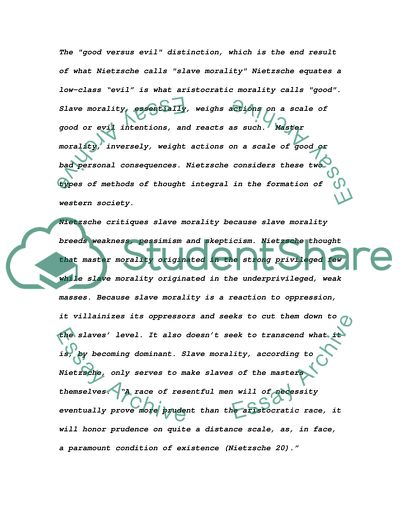Cite this document
(Main Aspects of Modern Political Thought Essay Example | Topics and Well Written Essays - 2000 words, n.d.)
Main Aspects of Modern Political Thought Essay Example | Topics and Well Written Essays - 2000 words. Retrieved from https://studentshare.org/politics/1730998-modern-political-thought
Main Aspects of Modern Political Thought Essay Example | Topics and Well Written Essays - 2000 words. Retrieved from https://studentshare.org/politics/1730998-modern-political-thought
(Main Aspects of Modern Political Thought Essay Example | Topics and Well Written Essays - 2000 Words)
Main Aspects of Modern Political Thought Essay Example | Topics and Well Written Essays - 2000 Words. https://studentshare.org/politics/1730998-modern-political-thought.
Main Aspects of Modern Political Thought Essay Example | Topics and Well Written Essays - 2000 Words. https://studentshare.org/politics/1730998-modern-political-thought.
“Main Aspects of Modern Political Thought Essay Example | Topics and Well Written Essays - 2000 Words”. https://studentshare.org/politics/1730998-modern-political-thought.


